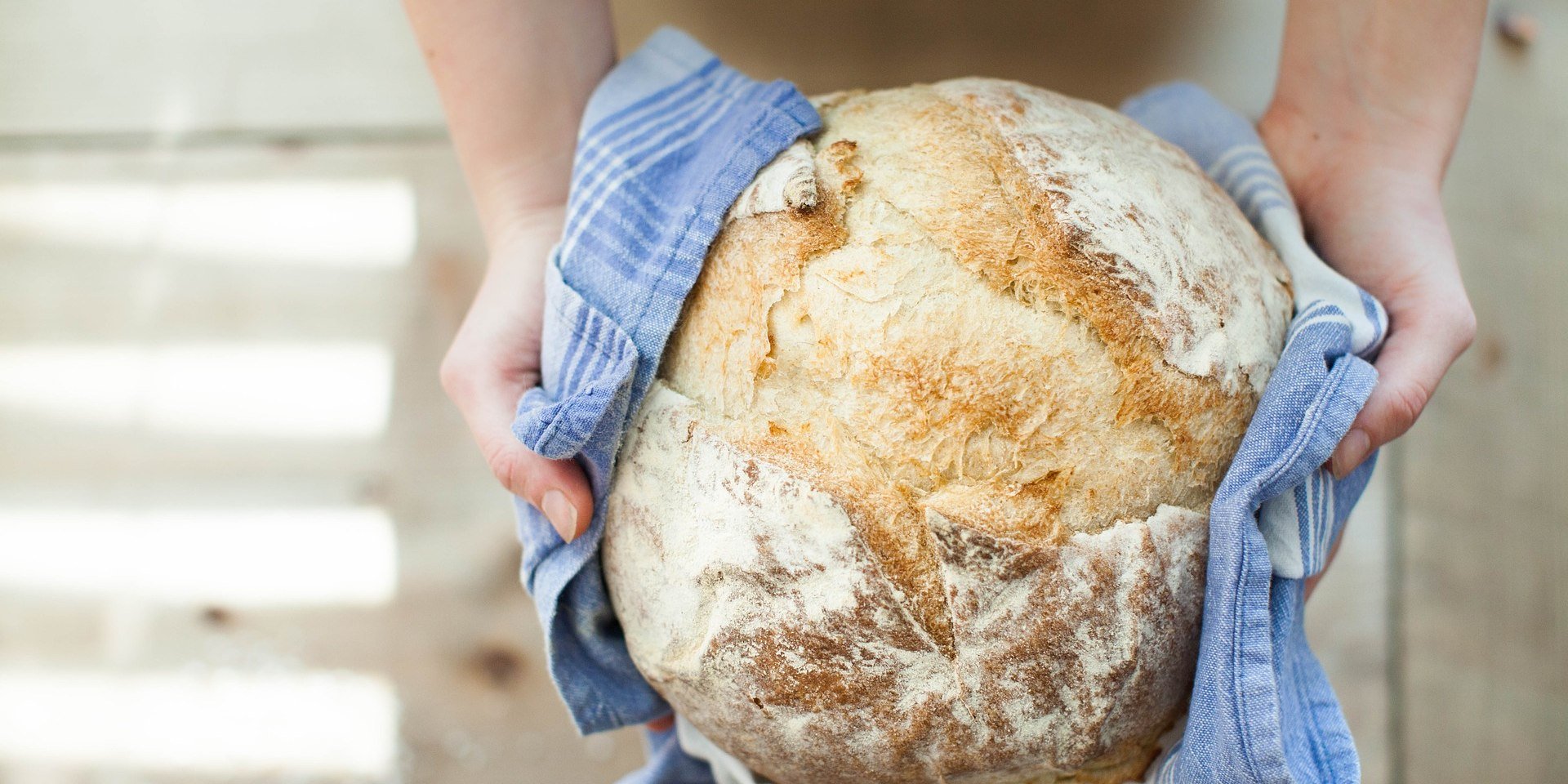In 2014, UNESCO classified German bread culture as intangible cultural heritage because it’s known the world over for its uniqueness and diversity. Age-old traditions are continued to this day, safeguarding the wide variety and quality of the bread. And new elements are being introduced into the process all the time, thanks to new scientific insights.
The regional diversity of bread products stems above all from the scarcity of raw materials in times of crisis, when bakers were constantly having to prove how creative and imaginative they were.
Traditional bread specialities in Niedersachsen (Lower Saxony) are ‘Gerster Brot’, which is a special variation of ‘Doback’ (twice-baked bread), also known as East Frisian Black Bread, which is a type of rye bread and the unique Springbrötchen (literally ‘cracked rolls’) from Osnabrück, which you won’t find in any other region.
There are also some special customs and traditions in connection with German bread culture, for example the practice of giving people bread and salt when they move into a new home. Bread and salt symbolise happiness and prosperity and are supposed to ward off evil spirits.


